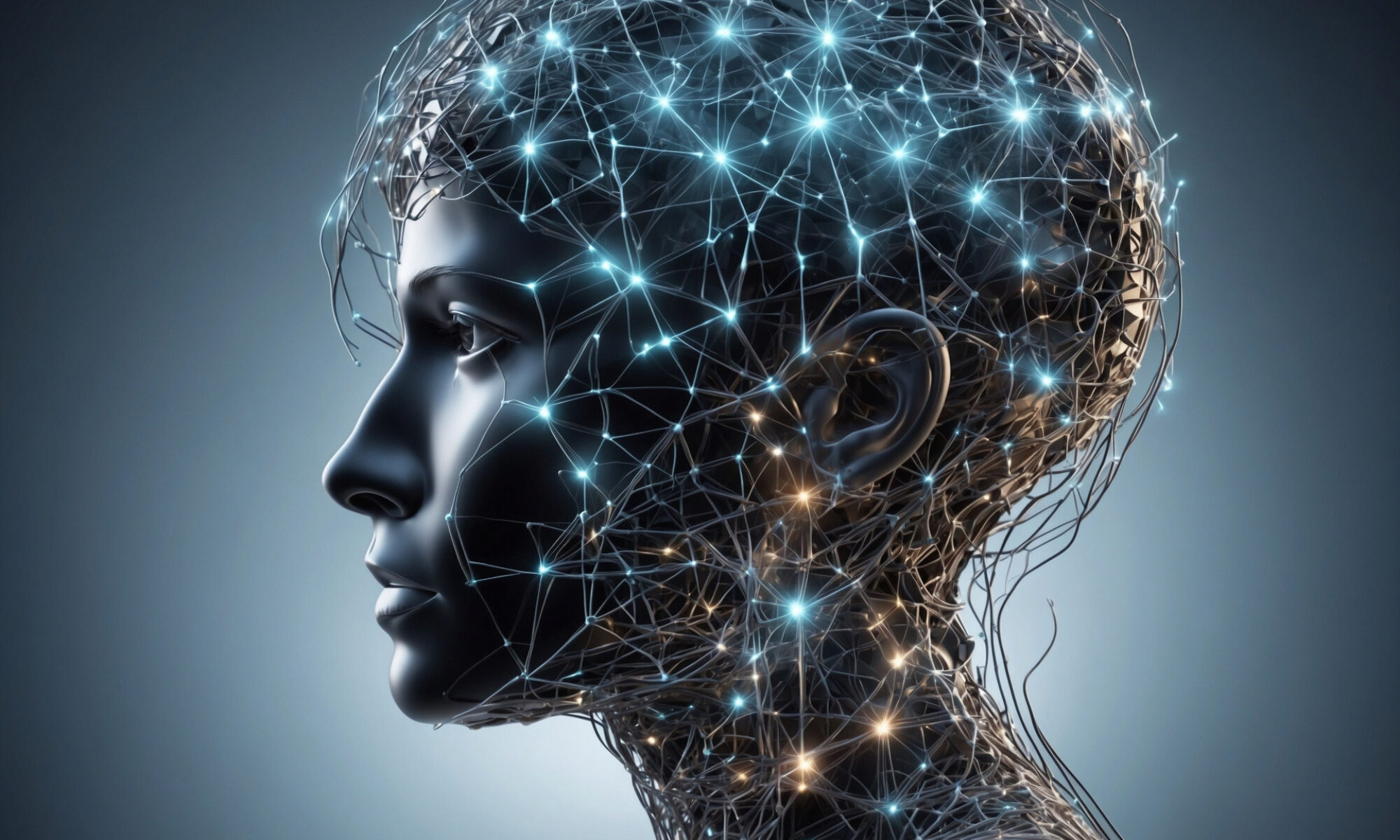The one-day short course “From Personal Computing to HPC”, held on April 29, 2025, successfully brought together around 20 participants from academia, industry, and public institutions. The course offered a practical introduction to the evolution from everyday computing environments to high-performance computing (HPC), with a focus on real-world applications and national infrastructure. Mr Dejan Babic gave presentation on the use of UDG cluster for solving use cases pertinent to AI applications in medicine.

Dejan Babić and Elvis Taruh guided attendees through key concepts, showcasing how HPC resources can be leveraged for data-intensive tasks and advanced simulations. Through interactive discussions and live demonstrations, participants gained insights into the capabilities of Montenegro’s EuroCC infrastructure and how to access and utilize HPC resources for their own research or professional needs. The course sparked meaningful exchanges and interest in further training, highlighting the growing demand for computational skills in diverse fields. AI-AGE computing node was featured in the training that was done in the context of EuroCC2 and EuroCC4SEE projects. More about the event at the HPC Montenegro website [link].













